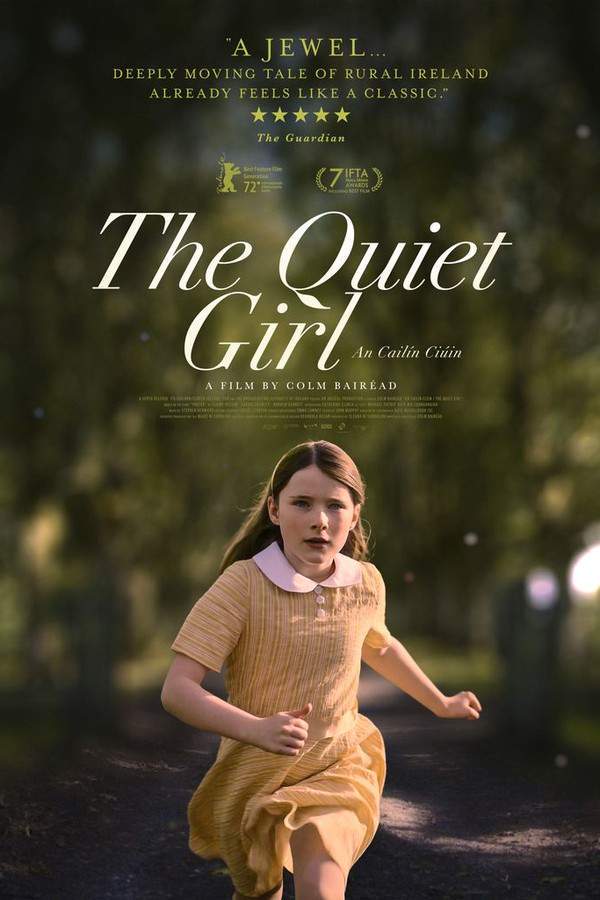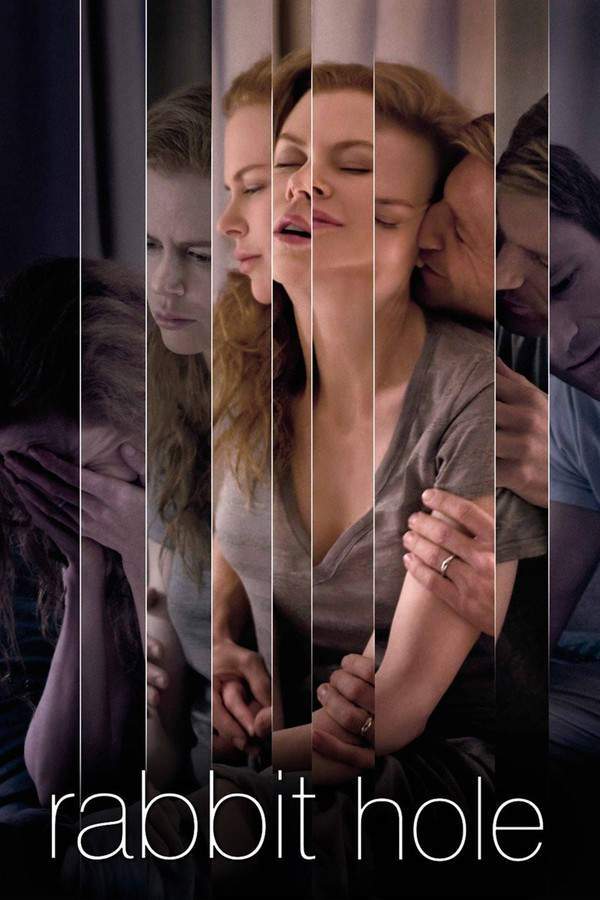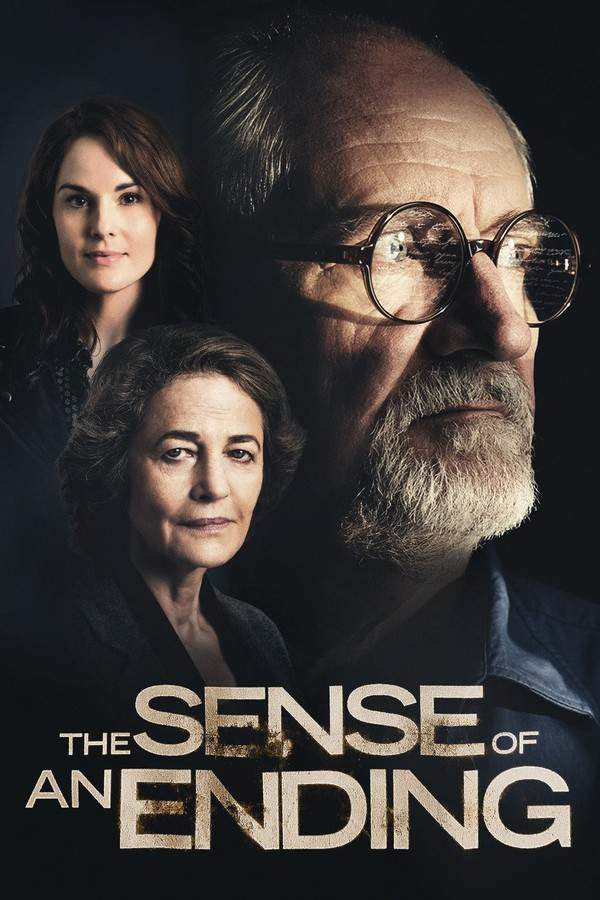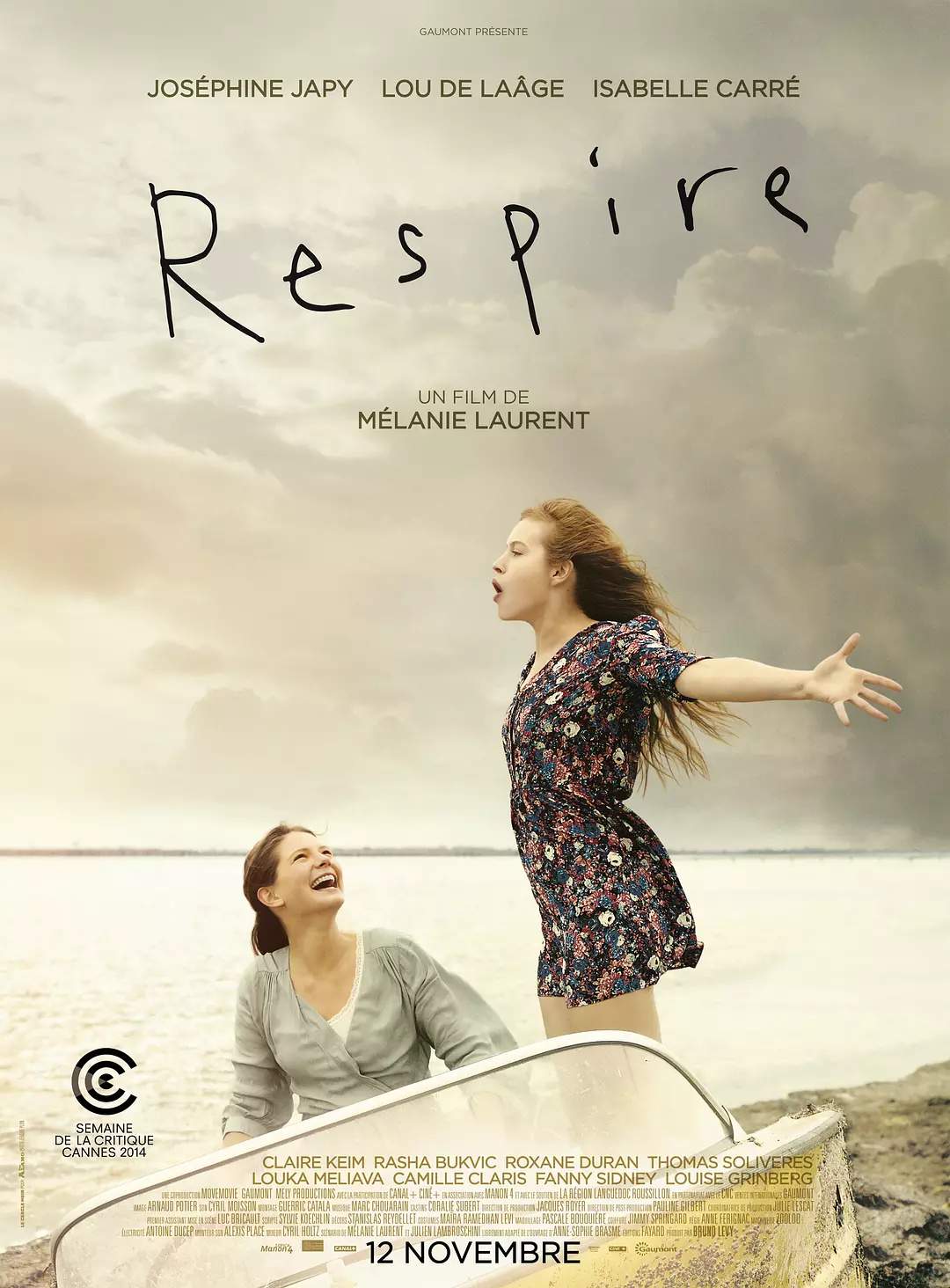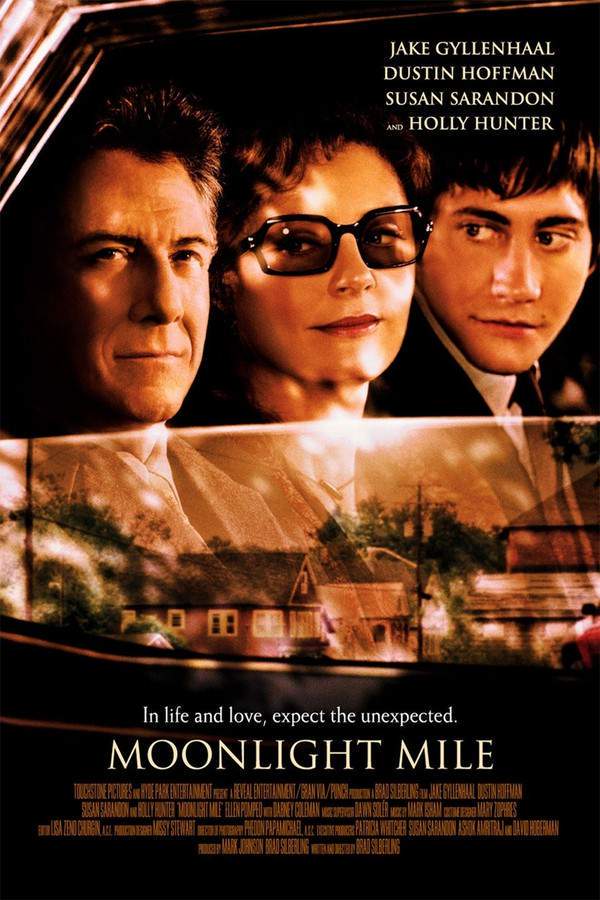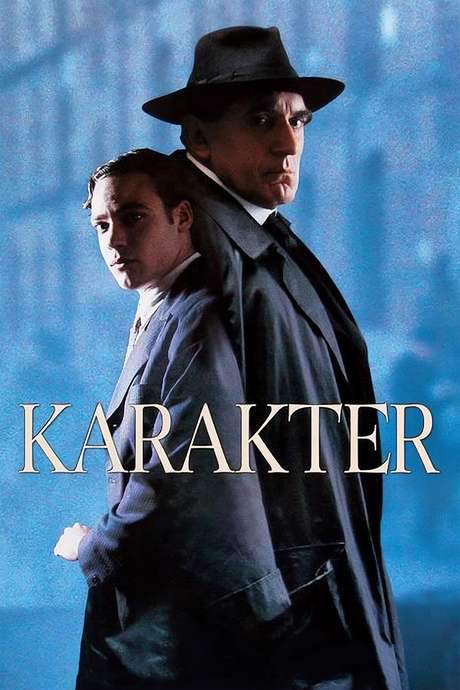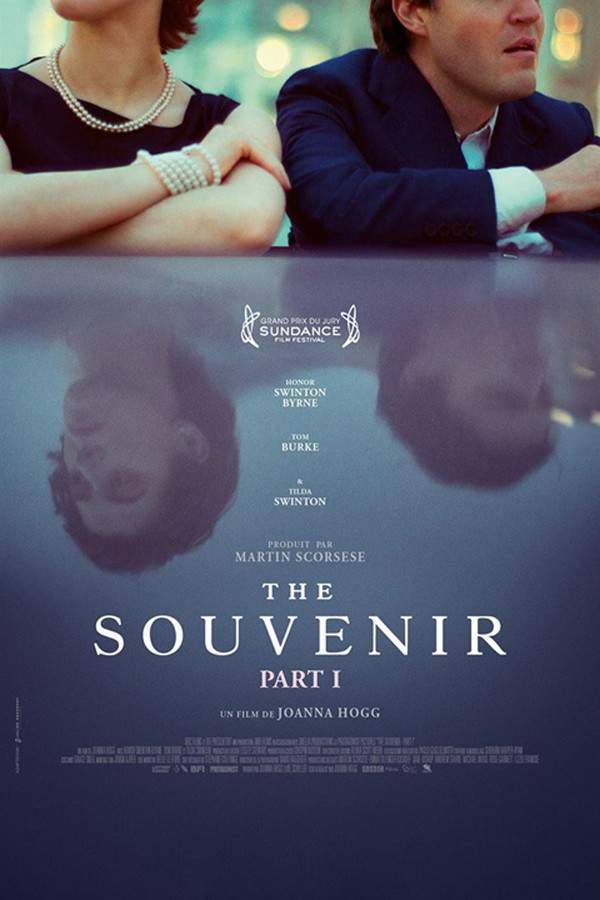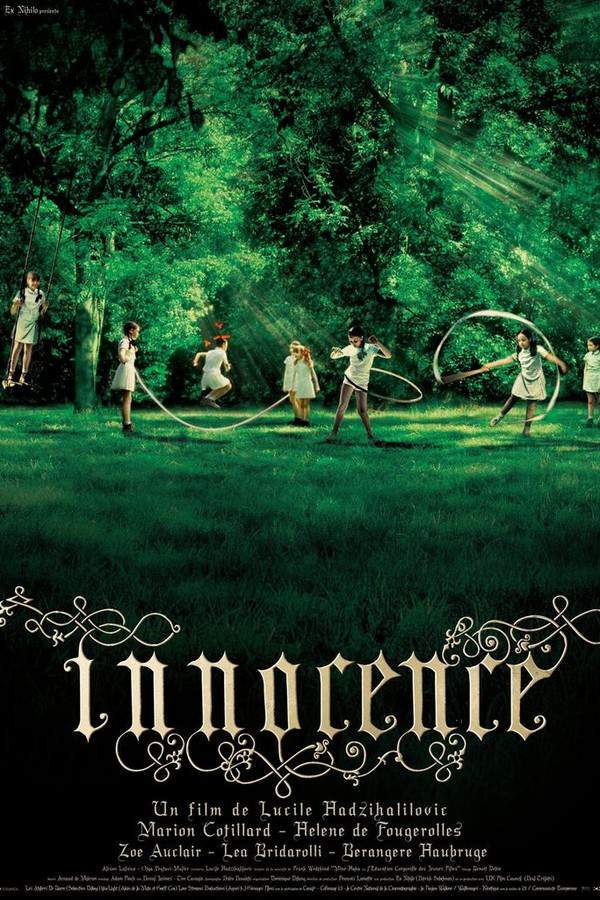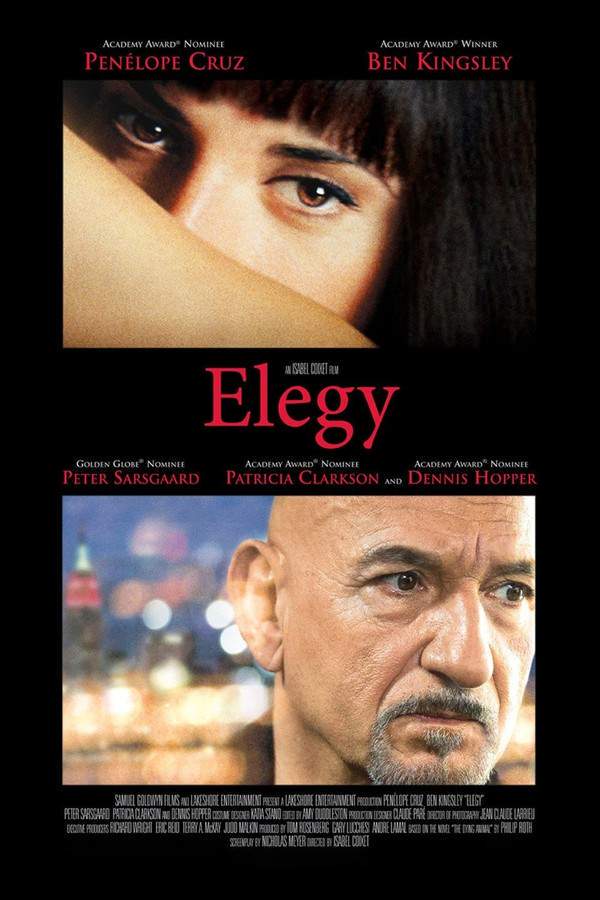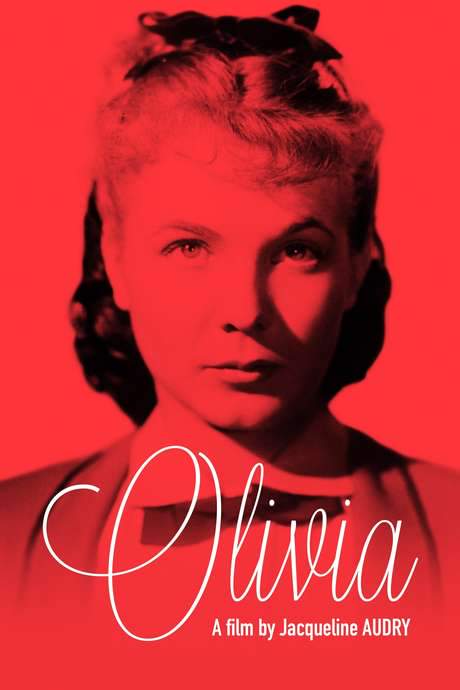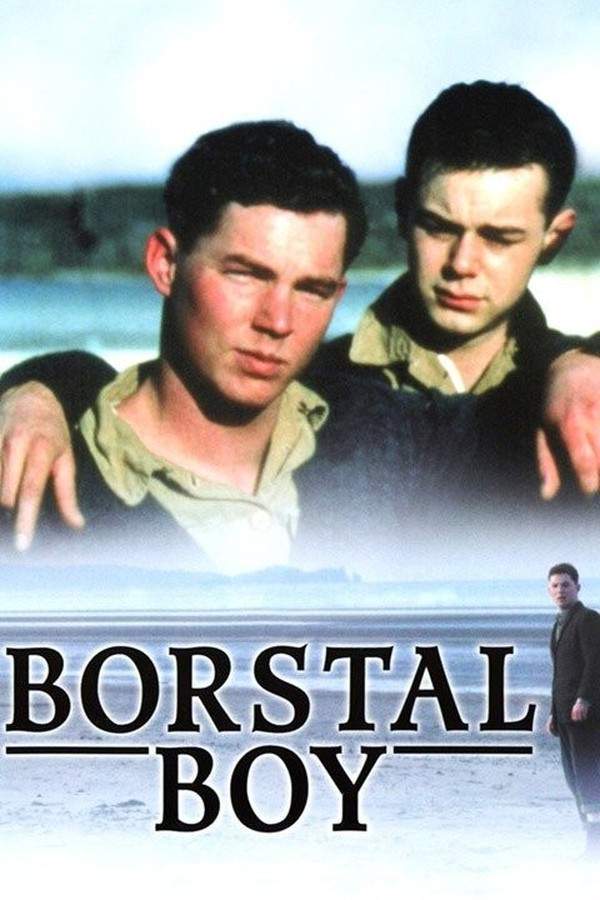
The Browning Version
Year: 1994
Runtime: 97 mins
Language: English
Director: Mike Figgis
Andrew Crocker-Harris, a bitter, despised Greek and Latin teacher at a British prep school, faces forced retirement after nearly two decades, with his pension in jeopardy. The pupils view him as a tyrant, and his unfaithful wife Laura constantly undermines him. He is forced to confront his failures and attempt to rebuild his self‑esteem.
Warning: spoilers below!
Haven’t seen The Browning Version yet? This summary contains major spoilers. Bookmark the page, watch the movie, and come back for the full breakdown. If you're ready, scroll on and relive the story!
The Browning Version (1994) – Full Plot Summary & Ending Explained
Read the complete plot breakdown of The Browning Version (1994), including all key story events, major twists, and the ending explained in detail. Discover what really happened—and what it all means.
Andrew Crocker-Harris is a veteran master of Greek and Latin at a distinguished British public school, a man whose nearly two decades of service have left him worn and isolated. The school community treats him with a mix of avoidance and resignation: colleagues tolerate him as a relic of a stricter era, while students endure his relentless discipline, finding his lectures rigid, uninspiring, and more about form than feeling. Yet beneath the austere exterior lies a mind capable of genuine scholarly passion, a flicker of warmth that rarely breaks through the surface. In this climate of quiet bitterness and professional fatigue, the idea of retirement arrives like a long shadow, cast under the pretext of failing health and an uncertain pension, threatening to strip him of the last recognitions of his authority.
His home life mirrors the emotional vacancy he cultivates at school. Laura Crocker-Harris, his younger wife, navigates a different kind of battlefield—one where affection has frayed into neglect and distance. She moves through their shared spaces with a cool, calculating resolve, carrying the weight of a mounting dissatisfaction and an affair with a younger American teacher who has won the favor of the pupils with a gentler touch and a more forgiving, modern approach to classroom life. Frank Hunter is charming and popular, a contrast to Andrew’s rigid firm hand, and his influence among the students grows as the term advances. The tension between the two men is not voiced aloud but is felt in every exchanged glance, every missed opportunity for connection, and every decision to protect appearances rather than address the ache beneath.
In his final term, a moment of unexpected vitality cuts through the routine. During a closing class, Andrew, while reading from a Greek play, reveals a capacity for fervent engagement that hints at what he might have become under different circumstances. It’s a small, almost private revelation that resonates with the students and leaves his peers quietly awed and unsettled. The contrast between this moment of real teaching spark and the rest of his tenure underscores the complexity of a man whose authority has never quite translated into human warmth. The presence of the young, earnest Tom Gilbert—the nervous, capable replacement who looks up to the older man with a mixture of fear and admiration—reminds Andrew of the path not taken. Tom embodies both the temptations and the dangers of emulating a mentor whose own life has been frayed by disappointment; against the headmaster’s urgings, Andrew advises him not to imitate his own failed example, a paradox that speaks to a complicated pedagogy about influence and restraint.
A turning point arrives in the form of a quiet, thoughtful pupil named Taplow. Taplow reaches out with a simple gift—a rare early edition of the Browning Version, Robert Browning’s translation of Aeschylus’ Agamemnon. The gesture breaks through Andrew’s armor, revealing a man capable of gratitude and subtle tenderness, the kind of emotional connection he has long denied himself. Taplow’s generosity prompts Andrew to re-evaluate his emotional distance, stirring a response that his students and colleagues never expected from him. This small moment of grace stands in stark relief to the tensions at home and the outward calm of the classroom, offering a glimmer of the teacher he could have been if life had offered different terms.
As the term draws to a close, the intimate fractures of Andrew’s world become harder to ignore. Laura, sensing the shifting emotional weather, tells him that she wishes to end their marriage, signaling a final Concordat of separation that will force both of them to stand alone in the wake of a shared past. The senior staff, meanwhile, arrange a farewell sequence that prioritizes a younger successor’s cricketing ambitions, skipping the usual ceremonial symmetry. Yet Andrew refuses to play the part prescribed by others; he insists on delivering his own farewell, choosing to go second in the assembly. The moment arrives with a power that catches everyone by surprise. His speech is a confession wrapped in apology: he lays bare his failings as a teacher and a husband, seeking forgiveness and offering a candid, unflinching reckoning with the life he has lived. The room responds with a thunderous, overwhelming applause, a public acknowledgment of a private truth that has finally found its voice.
The emotional impact of that speech resonates beyond the auditorium. In a profound gesture of gratitude, Andrew tells Taplow that he has arranged a place for him in Frank Hunter’s science class, acknowledging Taplow’s talent and giving him a chance to follow a path that might offer him the ardor and fulfillment that Andrew could not provide. The moment also reshapes Laura’s view of her husband; a newfound respect and recognition bloom as she witnesses the depth and humility that marks the end of this chapter. The parting scene is quiet, almost ceremonial in its restraint: Laura drives away, leaving behind a man who confronts the next phase of life with a calm acceptance, middle-aged but not defeated, and ready to navigate a future shaped by honesty rather than pretense.
In the end, the film lingers on Andrew’s quiet dignity rather than a dramatic resolution. The story does not offer easy answers or grand reconciliations; instead, it presents a portrait of a man who has spent years controlling others through discipline and intellect, only to discover that vulnerability and connection—though fragile—are the true measures of a life well-lived. The tale is as much about the cost of emotional withholding as it is about the redemptive power of a single, brave confession. With its restrained, observant style, the narrative invites viewers to consider what a teacher is for his students, what a husband might be toward his partner, and what it takes to move from a life of meticulous control to one of honest engagement.
Notes on characters and actors:
-
Andrew Crocker-Harris remains the quiet center of the story, a figure whose intellectual rigor masks a deeper yearning for connection.
-
Laura Crocker-Harris embodies the restless strain in a marriage, her choices shaping the emotional weather around him.
-
Frank Hunter provides a counterpoint to Andrew’s stern discipline, a younger spirit whose popularity with students exposes different kinds of influence.
-
Tom Gilbert stands as a tentative beacon of mentorship, a mirror to Andrew’s past and a caution for his future.
-
Taplow is the perceptive pupil who reaches out with a simple gift, unlocking a latent warmth in a man long accustomed to distance.
-
Diana appears as a figure connected to the larger emotional web surrounding Andrew and Laura, her role underscoring the domestic tensions at the heart of the narrative.
Last Updated: October 09, 2025 at 11:18
Explore Movie Threads
Discover curated groups of movies connected by mood, themes, and story style. Browse collections built around emotion, atmosphere, and narrative focus to easily find films that match what you feel like watching right now.
Movies about quiet redemption like The Browning Version
Stories of repressed individuals finding dignity in the face of profound disappointment.If you appreciated the emotional journey in The Browning Version, explore more movies like it. This list features similar character-driven dramas about repressed individuals finding a measure of dignity and self-awareness after facing profound professional and personal failures.
Narrative Summary
These narratives follow a linear, character-focused arc where a deeply flawed or repressed protagonist is forced to confront their own failures. The central conflict is often internal or interpersonal, leading to a climax that is not about external victory but a quiet, hard-won emotional release or act of personal redemption.
Why These Movies?
Movies in this thread are grouped by their shared focus on a melancholic, introspective mood and a slow-burn pacing that allows the weight of regret to build. They converge on a bittersweet ending tone, where the protagonist gains self-awareness and fragile dignity, often at the cost of their previous life.
Academic drama movies with melancholic tones like The Browning Version
Stories set in educational institutions where personal failures unravel in quiet corridors.For viewers who liked the setting and mood of The Browning Version, this selection features similar movies set in academic environments. These stories often focus on disillusioned teachers, student-teacher dynamics, and the quiet suffering that unfolds within the walls of schools and universities.
Narrative Summary
The narrative pattern involves a protagonist, often an educator, whose professional identity is deeply intertwined with their personal failures. The insulated world of the school or university amplifies their isolation and forces a reckoning, as personal crises play out against a backdrop of tradition, expectation, and the relentless passage of time marked by academic terms.
Why These Movies?
These films are united by their specific setting and the thematic focus it enables: exploring midlife crisis, intellectual disappointment, and the power dynamics inherent in educational systems. They share a melancholic, often somber tone and a slow, deliberate pacing that suits the reflective nature of the stories.
Unlock the Full Story of The Browning Version
Don't stop at just watching — explore The Browning Version in full detail. From the complete plot summary and scene-by-scene timeline to character breakdowns, thematic analysis, and a deep dive into the ending — every page helps you truly understand what The Browning Version is all about. Plus, discover what's next after the movie.
The Browning Version Timeline
Track the full timeline of The Browning Version with every major event arranged chronologically. Perfect for decoding non-linear storytelling, flashbacks, or parallel narratives with a clear scene-by-scene breakdown.

Characters, Settings & Themes in The Browning Version
Discover the characters, locations, and core themes that shape The Browning Version. Get insights into symbolic elements, setting significance, and deeper narrative meaning — ideal for thematic analysis and movie breakdowns.

The Browning Version Spoiler-Free Summary
Get a quick, spoiler-free overview of The Browning Version that covers the main plot points and key details without revealing any major twists or spoilers. Perfect for those who want to know what to expect before diving in.

More About The Browning Version
Visit What's After the Movie to explore more about The Browning Version: box office results, cast and crew info, production details, post-credit scenes, and external links — all in one place for movie fans and researchers.

Similar Movies to The Browning Version
Discover movies like The Browning Version that share similar genres, themes, and storytelling elements. Whether you’re drawn to the atmosphere, character arcs, or plot structure, these curated recommendations will help you explore more films you’ll love.
Explore More About Movie The Browning Version
The Browning Version (1994) Scene-by-Scene Movie Timeline
The Browning Version (1994) Movie Characters, Themes & Settings
The Browning Version (1994) Spoiler-Free Summary & Key Flow
Movies Like The Browning Version – Similar Titles You’ll Enjoy
Borstal Boy (2002) Spoiler-Packed Plot Recap
Brown's Requiem (2000) Film Overview & Timeline
School’s Out (2018) Full Movie Breakdown
Bad Education (2019) Plot Summary & Ending Explained
Book of Love (2004) Movie Recap & Themes
Song for a Raggy Boy (2003) Detailed Story Recap
Tom Brown’s Schooldays (2005) Complete Plot Breakdown
Another Country (1984) Full Summary & Key Details
The Browning Version (1985) Complete Plot Breakdown
A Teacher (1000) Spoiler-Packed Plot Recap
The Teacher (1974) Plot Summary & Ending Explained
The Browning Version (1951) Full Movie Breakdown
if… (1968) Ending Explained & Film Insights
Tom Brown’s School Days (1940) Plot Summary & Ending Explained
Teenage Dirtbag (2009) Film Overview & Timeline


